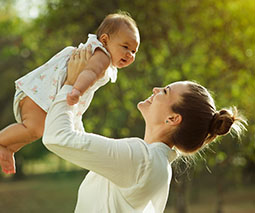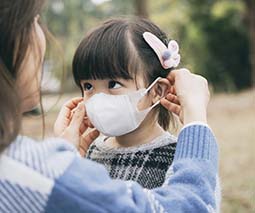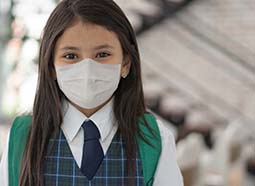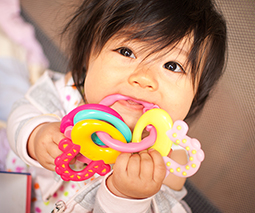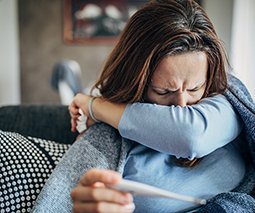Putting plastics in dishwasher or microwave may pose risk to kids, experts say
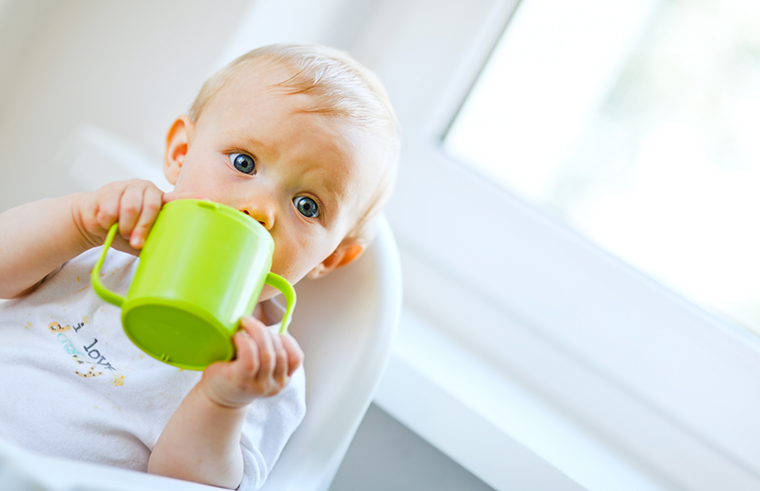
After reviewing a number of studies, the American Academy of Pediatrics (AAP) has called for more stringent food safety regulations and issued warnings about the dangers of heating plastics.
“Heat can cause plastics to leak”
In a report published in Pediatrics, the AAP flagged the health risks of reheating some types of plastic in microwaves or dishwashers.
“Since heat can cause plastics to leak BPA and phthalates into food, avoid microwaving food or beverages (including infant formula and pumped human milk) in plastic when possible,” the report says. “Also try to avoid putting plastics in the dishwasher.”
It’s unclear whether hot, soapy water in the sink is a good alternative, but the bottom line points to choosing plastics carefully and minimising their use, where possible.
“As pediatricians, we’re especially concerned about significant gaps in data about the health effects of many of these chemicals on infants and children,” study lead author Dr Leonardo Trasande explained. “There are critical weaknesses in the current food additives regulatory process, which doesn’t do enough to ensure all chemicals added to foods are safe enough to be part of a family’s diet.”
Indirect additives are a lurking risk
The AAP says we still don’t know a lot about many of the chemicals our food is exposed to but notes “an increasing number of studies suggest some food additives may interfere with a child’s hormones, growth, and development … Some may also increase the risk of childhood obesity, rates of which have tripled since the 1970s.”
“Some additives are put directly in foods while “indirect” additives may include chemicals from plastic, glues, dyes, paper, cardboard, and different types of coatings used for processing and packaging.”
Food that comes into contact with some chemicals in packaging may pose a risk to kids health, the AAP says. They suggest being mindful when dealing with plastics and avoid heating up plastics in the dishwasher or microwave where possible.
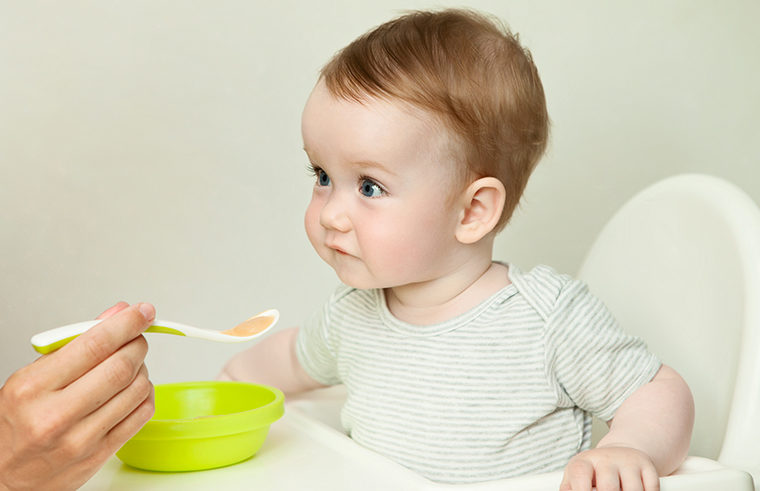
Mindful use of plastics
Heat may cause some plastics to leach potentially harmful chemicals, and the AAP urges parents to choose the plastics they use carefully – or go for plastic-free alternatives.
- Buy and serve more fresh or frozen fruits and vegetables, and fewer processed meats – especially during pregnancy.
- Since heat can cause plastics to leak BPA and phthalates into food, avoid microwaving food or beverages (including infant formula and pumped human milk) in plastic when possible. Also, try to avoid putting plastics in the dishwasher.
- Use alternatives to plastic, such as glass or stainless steel, when possible.
- Avoid plastics with recycling codes 3 (phthalates), 6 (styrene), and 7 (bisphenols) unless they are labelled as “biobased” or “greenware.”
- Wash hands thoroughly before and after touching food and clean all fruits and vegetables that cannot be peeled.
